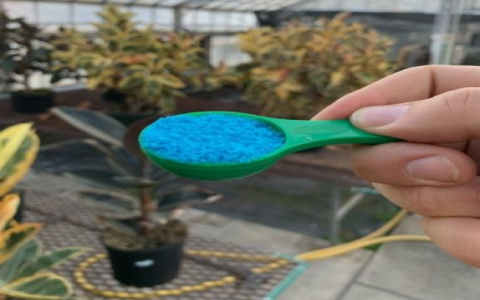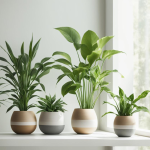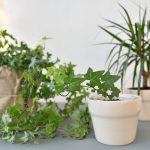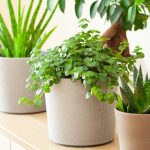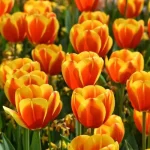So, it’s winter, and you might be wondering if you should be feeding your houseplants. I’ve been growing plants indoors for a while now, and I’ve learned a thing or two about this. Here’s my take, based on my own experiences.
First off, I started by looking at my plants. I have all sorts, from leafy greens to some that flower. What I’ve noticed is that during winter, most of them seem to take a break. They don’t grow much, if at all. So, I thought, why feed them when they’re not really growing?
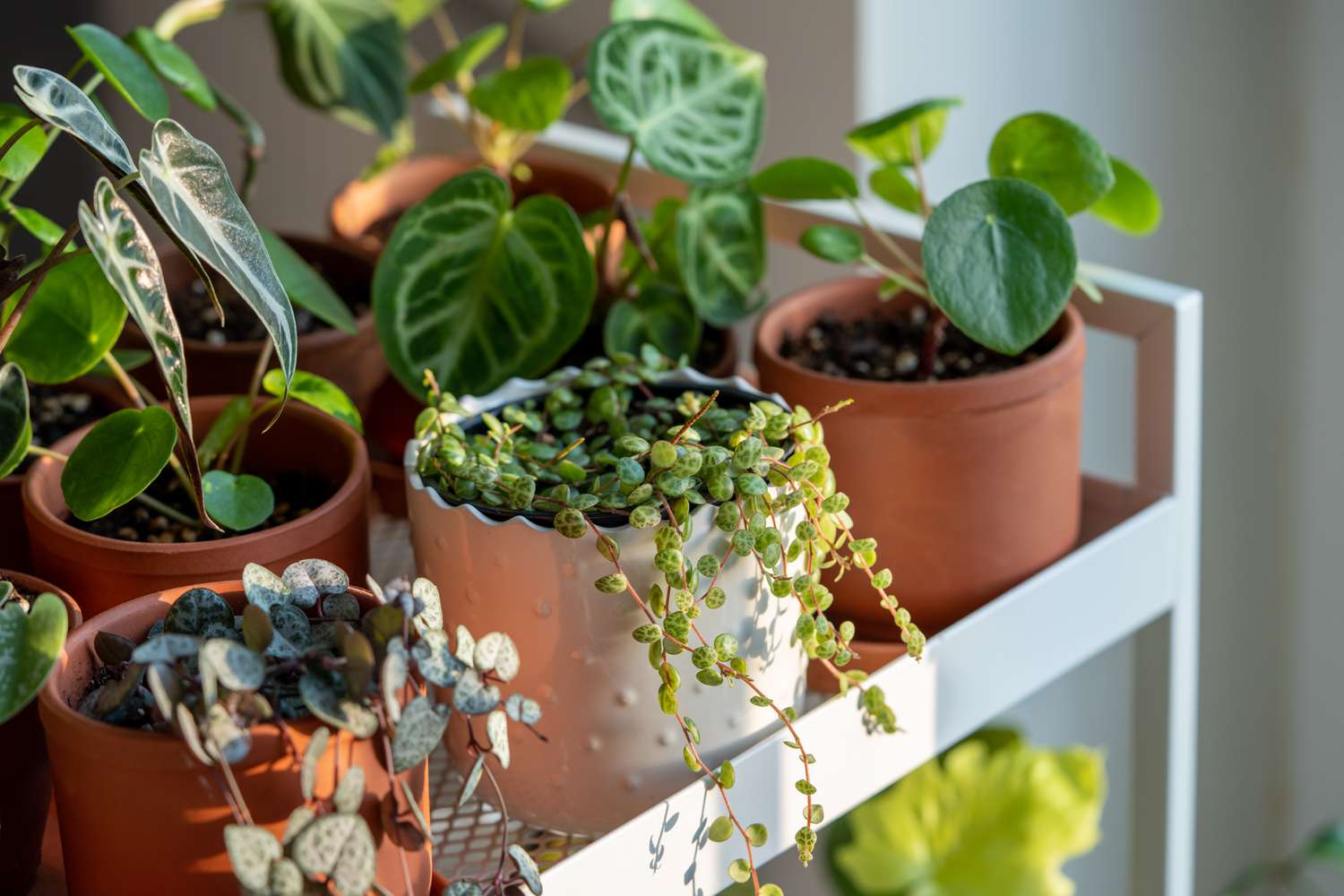
I did a bit of reading and found out that it’s pretty common for plants to slow down in winter. It’s like they’re hibernating. This made sense to me, so I decided to hold off on fertilizing most of my plants during these colder months.
My Experiment
- Choosing the Plants: I picked a few different types – a couple of leafy ones and one that usually flowers in the summer.
- The Plan: I decided to fertilize only one of the leafy plants and leave the others alone. The flowering one, I left unfertilized, too, since it wasn’t in its blooming season.
- Observation: Over the next few weeks, I kept an eye on them. I watered them as usual, making sure they had enough light, but not too much, since it’s winter.
What Happened?
Honestly, not much. The fertilized plant didn’t show any significant growth compared to the others. It didn’t look worse, but it definitely didn’t look like it was benefiting from the extra food. The unfertilized plants? They were just fine, chilling and waiting for spring, it seemed.
So, what did I learn from this little experiment? Well, it confirmed what I read – most houseplants don’t need fertilizing in winter. They’re in a rest mode, and that’s okay. I realized that giving them a break from fertilizer during this time is actually a good thing. It’s like letting them recharge naturally.
In the end, I’ve decided to stick to fertilizing my indoor garden mainly in spring and summer, when they’re actively growing and can actually use the nutrients. It’s all about working with the plant’s natural cycle, I guess. And hey, it saves me a bit of time and fertilizer, too!

